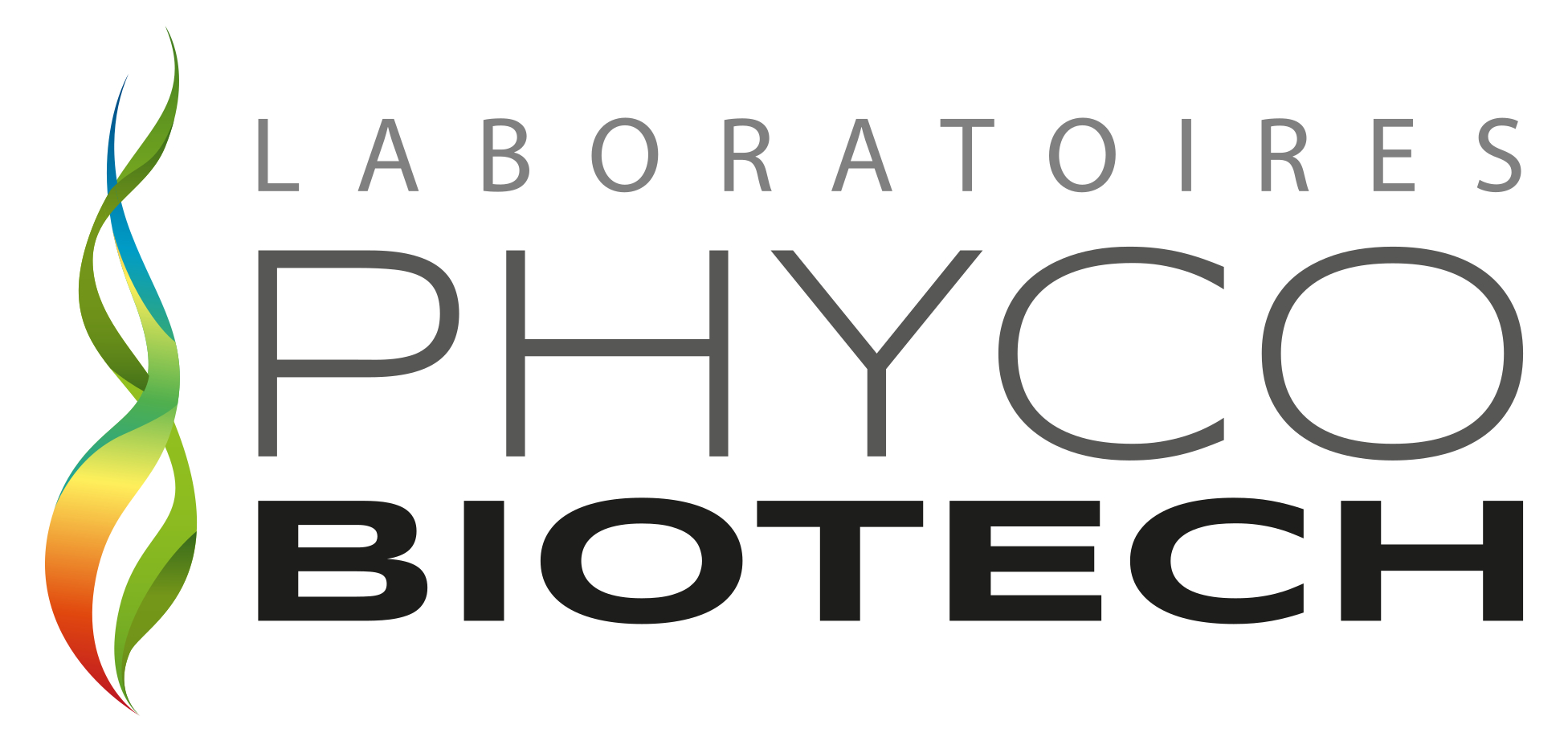ABSTRACT
Objective: The aim of this study was to investigate the effects of dietary silicon-enriched spirulina (SES) on atherosclerosis.
Methods: Hamsters (six per group) on a high-fat (HF) diet received SES or non-enriched spirulina (both at 57 mg/kg body weight) daily. This corresponded to 0.57 mg silicon/kg body weight daily.
Results: The HF diet induced dyslipidemia, insulin resistance, oxidative stress, and vascular dysfunction. Compared with the HF group, SES attenuated increases of lipemia and prevented insulin resistance (IR) (P¼0.001). SES protected against oxidative stress through a reduction of heart (P¼0.006) and liver (P<0.0001) nicotinamide adenine dinucleotide phosphate-oxidaseactivity and by sparing the activity of superoxide dismutase (P¼0.0017) and glutathione perox-idase (P¼0.01861). SES decreased inflammation, lowering tumor necrosis factor-a (P¼0.0006) and interleukin-6 levels (P¼0.0112), decreasing polymorphonuclear cells and preventing nuclearfactor-kB activity (P¼0.0259). SES corrected plasma level of monocyte chemoattractant protein-1 (P¼0.0380), which was increased by the HF diet. Finally, SES supplementation prevented vascular and endothelial functions assessed respectively by the contractile response to the agonist phen-ylephrine and the relaxation induced by acetylcholine.
Conclusion: SES protects against metabolic imbalance, inflammation, oxidative stress, and vascular dysfunction induced by an HF diet, and could prevent the atherogenic processes. Synergistic effects between spirulina and silicon were observed.

Commentaires fermés